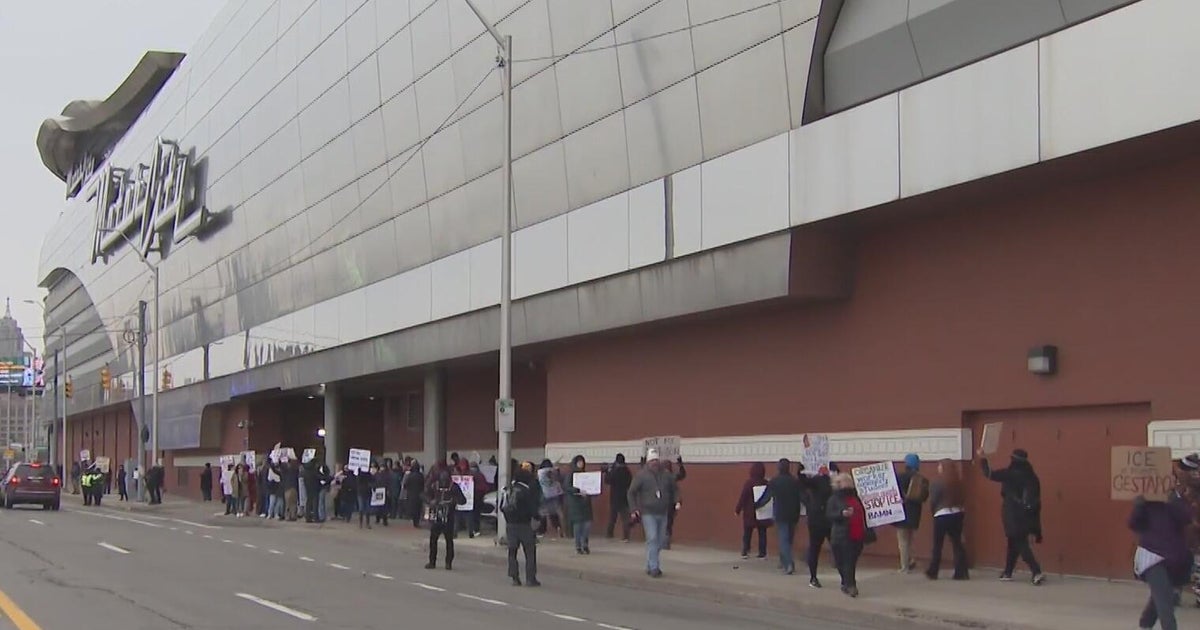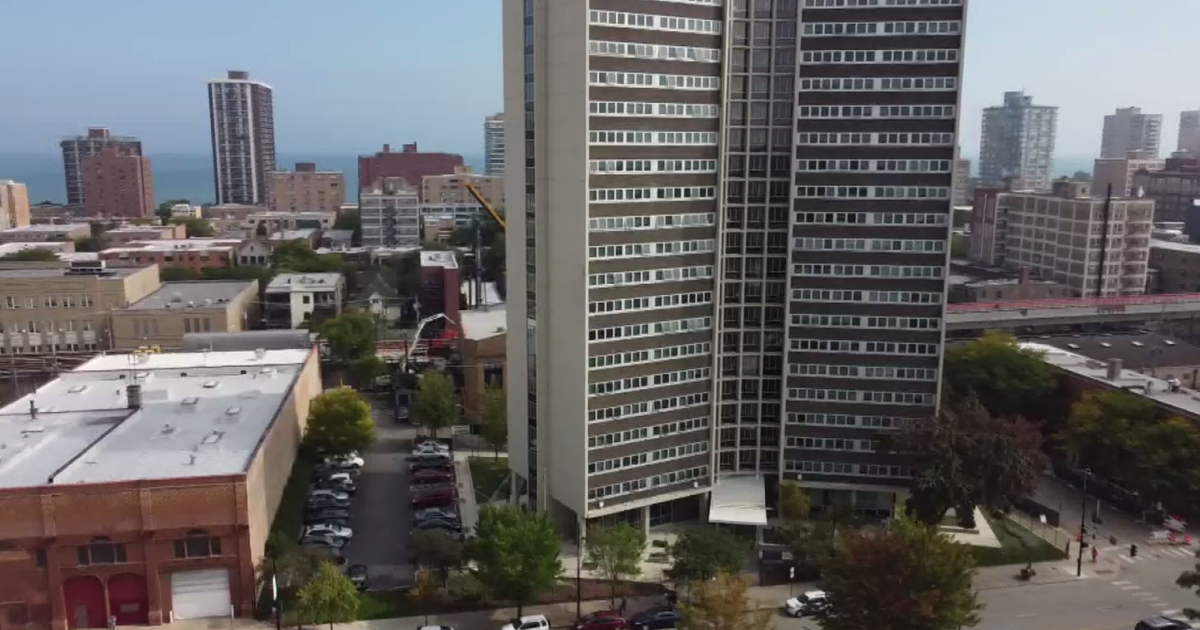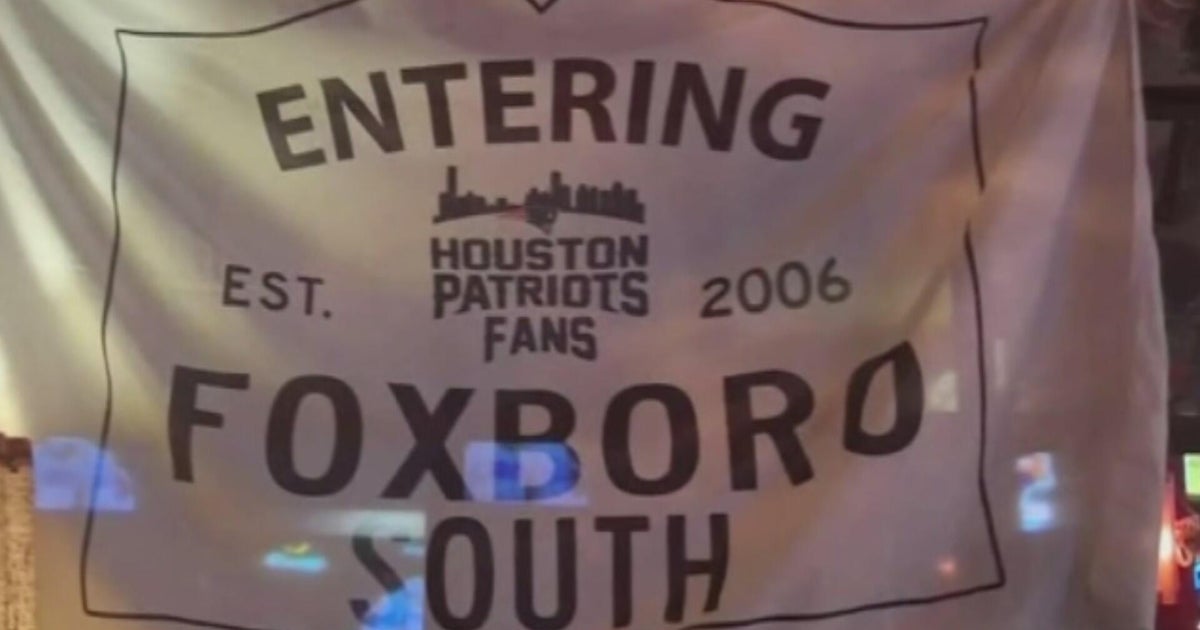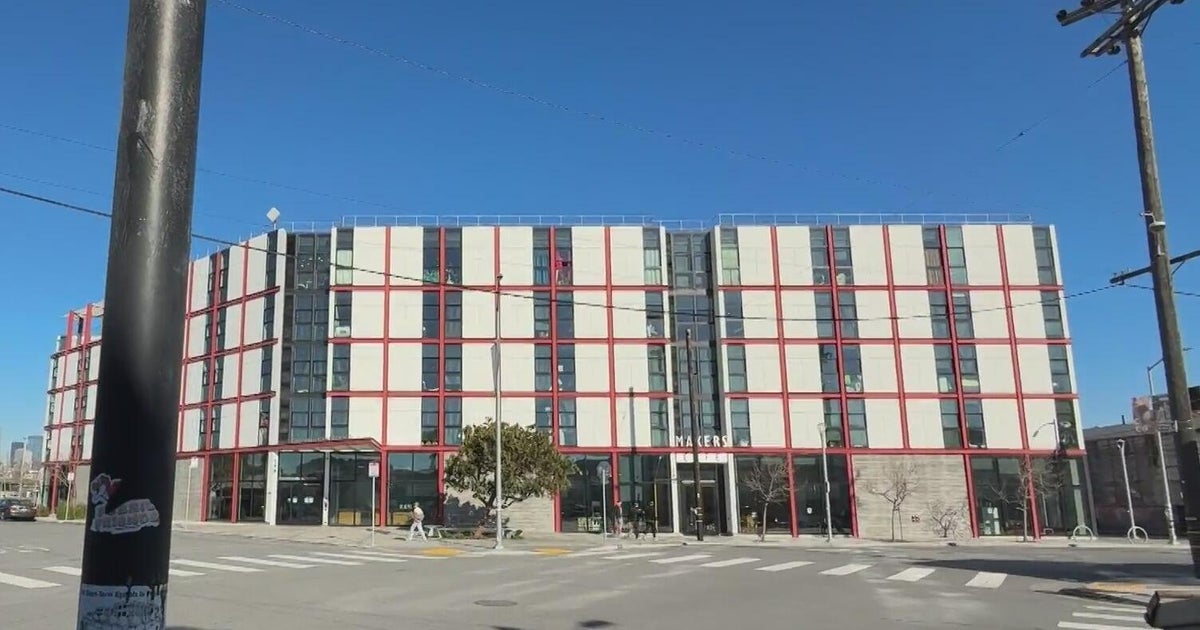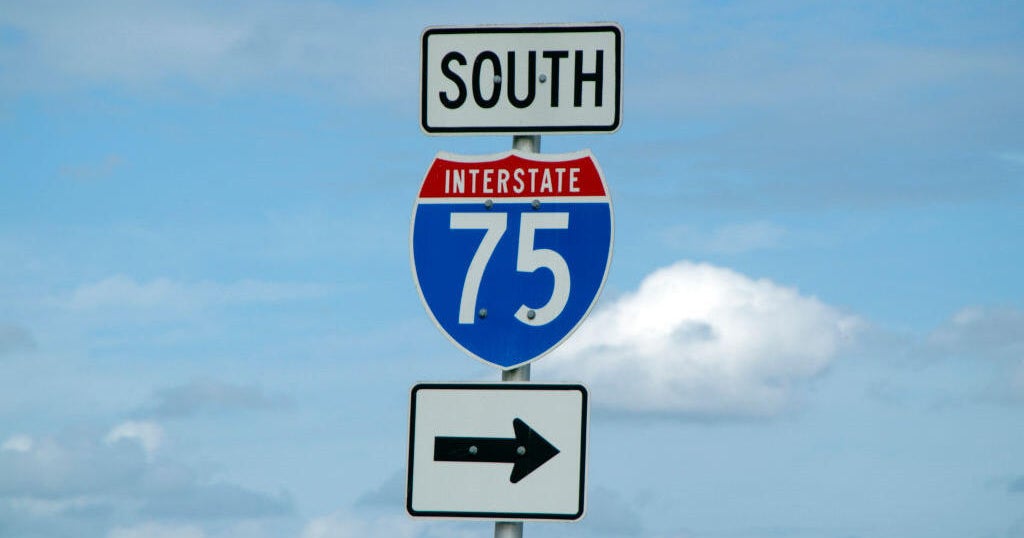California Tribe's Casino Plan To Go Before Voters
SAN FRANCISCO (AP) - A Native American tribe's plan for a Las Vegas-style casino in the Central Valley nearly 40 miles from its reservation has drawn opposition from other casino-owning tribes in the state.
Now voters will weigh in on whether the North Fork Rancheria Band of Mono Indians are "reservation shopping," as their critics contend, or taking land that was part of their historical territory, as the tribe maintains.
A referendum on the November ballot asks voters to approve or reject a deal signed by the governor and passed by the state Legislature that would allow the North Fork Rancheria to build the casino with up to 2,000 slot machines on a 305-acre plot of land along a major highway about 30 miles northwest of Fresno.
With a yes vote, the project would clear its last major hurdle to entering the state's Indian gambling market, where 58 tribes are currently running 59 casinos, according to the Legislative Analyst's Office.
Critics of the proposal say the tribe is trying to get closer to an urban market that can bring in more gamblers.
"This move by North Fork, if it goes forward, will incentivize tribes in rural areas to move to more lucrative locations," said Cheryl Schmit, director of the group, Stand Up For California!.
Representatives of the 2,000-member North Fork tribe counter that their existing land is for housing and does not allow gambling, and that they went through a lengthy vetting process to get approval for the new land.
"We're getting back to the historical land that served as a reservation for out tribe in the 1850s," said Charles Banks-Altekruse, a spokesman for the tribe, which is being supported by Las Vegas-based Station Casinos.
Additionally, tribal officials say the project would create more than 4,500 jobs and pump tens of millions of dollars into the local economy.
Opposition to North Fork's proposal is coming from other casino-owning tribes, including Table Mountain Rancheria, whose casino is about 25 miles from the proposed site of the North Fork facility.
The campaign against the project is also being funded by New York-based Brigade Capital Management, an investment firm that backs the Chukchansi Gold Resort & Casino, another Indian casino near the site of the proposed North Fork casino.
"It's unfortunate that it's turned into tribe-against-tribe," said Maryanne McGovran, vice-chair of the North Fork Rancheria.
Under the federal Indian Gaming Regulatory Act, tribes can build casinos on reservations that existed before Oct. 17, 1988, but not on lands taken into trust after that date. The law allows the Secretary of Interior to make an exception in cases where the off-reservation acquisition is in the tribe's best interest and does not hurt the surrounding community.
The U.S. Department of Interior made that determination in the case of the North Fork Rancheria, saying the tribe has a historical connection to the proposed gambling site and strong support from the community.
In a 2012 letter to then-Interior Secretary Kenneth Salazar. Gov. Jerry Brown said he was reluctant to allow gambling on land currently ineligible for it, but there were several exceptional circumstances in the North Fork deal, including the fact that it would prevent a casino from going up on environmentally sensitive areas in Humboldt County.
That's because the Wiyot Tribe, which has land in Humboldt, has agreed not to pursue a casino on its land in exchange for some of the revenue from North Fork's casino. Voters will also be weighing in on that deal in November.
Copyright 2014 The Associated Press.
